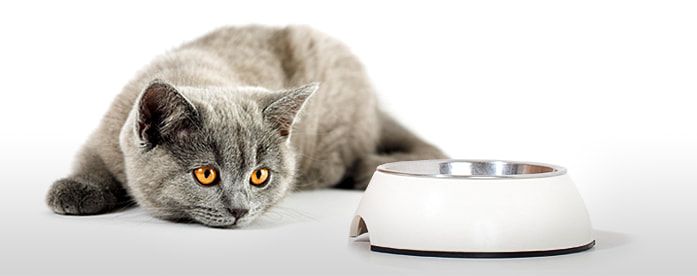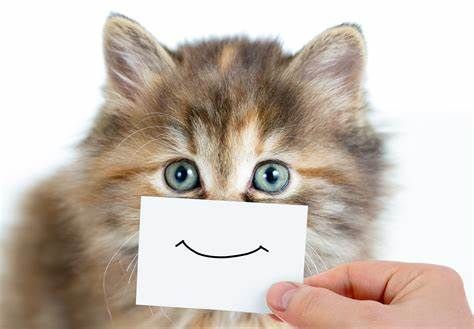Appetite Stimulating Cbd Oil Products For Your Holista Pet
Jan 14, 2021 • 8 views

Being a good pet owner means knowing everything about your animal, from his incomings and outgoings to his potty habits and his feeding times, you not only need to feed him, bath him and take him out for walks but you also need to observe him meticulously to see what he is doing, and if at any time his behaviours have changed, you need to take him for that routine check-up at the vet.
If you do all this and notice something wrong with him such as – he has not touched his food for more than two days or he eats very little of it, the this ‘holista pet’ (a phrase we give wholesome and happy pets!) has something wrong with him and needs to be checked immediately. According to Cornell University’s research done on cats, the main culprit seems to be their vaccinations, click here to find out more.
But what if it isn’t?
So, what other conceivable reasons can be behind this? There may not be just the one. Let’s take this apart and see what the possibilities of this behaviour change could be.
Why Your Feline Is Eating Little Or Not At All
Sometimes things don’t occur to us till it’s too late. To avoid this from happening, we have included a few obvious reasons that may be the cause of them not eating or eating very little food:
1. He May Have Some Internal Pain
Has your pet been to the vet recently, or had his teeth removed? Sometimes something as simple and not so obvious as a toothache can be a reason why he is not eating because every time he chews it hurts him. Try giving him soft food and see if it makes any difference, in this case, wet food for cats is much better for him, and has many more health benefits than dry foods, such as those mentioned here: https://icatcare.org/what-should-i-feed-my-cat-wet-versus-dry-food/, even though it may not be serious if it lasts for more than 3 days, it is time to take him to the vet to get checked.
2. He May Be Ill or Feeling Sick
We as humans sometimes lose our appetites when getting ill, and pets are the same too. When they are not feeling well, and have something like tummy troubles from eating something outside, they will either avoid their food or eat grass. This can be an indication of digestive problems and the grass helps them by instinct they know to do this. However excessively eating grass may not be good for them, so get them checked.
3. He Was Vaccinated
If you recently took him to the vet and he vaccinated him either with a general one or a specific one to treat an ailment, it could be the reason for the loss of appetite. This could be a side effect of it, and it is sometimes common for this to happen and should wear off in a few hours, however, if he stays without food for days, then it may be due to an adverse reaction and you need to inform the vet.
As cited above, researchers found a few common side effects of feline inoculations, and loss of appetite is one. Others include fever, lethargy and localized swelling are some of the common side effects of feline vaccinations. Your cat may have had an adverse reaction to a recent vaccination.

4. He May Not Like His New Home
Have you recently moved home? Or changed his routine in any way? This may be the answer to those nights of full untouched bowls. When travelling or when you move home and they suddenly find themselves in unfamiliar territories, possibly surrounded by other pets, one of the things they retreat from is food. They may be upset, angry, or even depressed for the first few days, and just like humans again, our emotions can sometimes get the better of us.
They can easily get stressed out or anxious and if this does happen, avoid it by foreseeing into the future, when you know you are planning on travelling with him or moving into a new home, by starting to give him a natural appetite stimulant such as liquid CBD drops, which will help calm him down and rub his tummy for him (hypothetically), so that he doesn’t stop eating in the new place and he is back to being a holista pet again. Do not ignore this, show him you care and give some him some extra love and comfort, and it will bring him around quicker.
